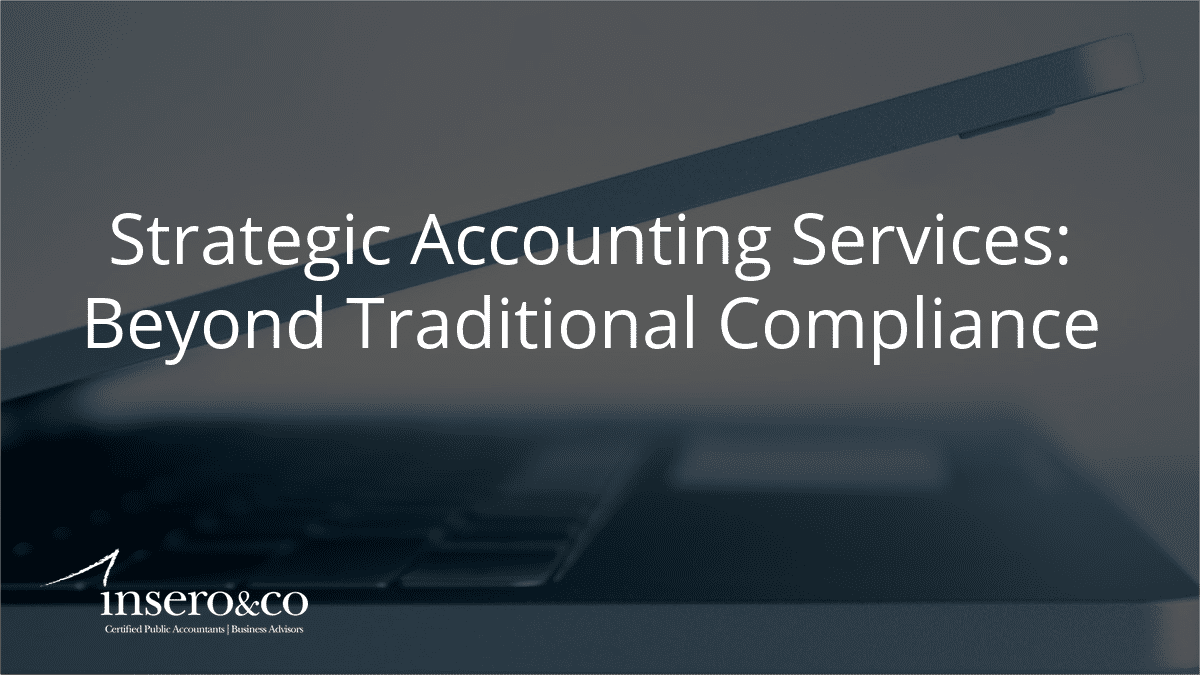Equity vs. Debt Financing: What to Consider
Whether you’re crafting an initial business plan, expanding into new markets, or focused on meeting this week’s payroll, solid funding decisions can keep your company on the right trajectory.
In addition to cash generated by operations, small businesses often get infusions of cash from two primary sources: equity and debt. Which type of financing makes the most sense for your business? Take a look at the possible pros and cons of each:
Equity Financing
Pros:
- No interest. Unlike a loan, the company isn’t paying for the use of money.
- No immediate repayment. You’re not required to pay investors until the business generates a profit.
- Expertise and connections. With investors who possess experience and contacts in your industry, you can gain assistance with operational decisions, strategic planning and networking.
Cons:
- Lost independence. If your uncle contributes hard cash, he may want a significant role in decision-making —whether or not he understands the business.
- Longer funding cycle. Pitching your venture to friends and family or sharing the business plan on crowdfunding sites may not generate cash quickly enough to meet your needs.
- Complicated relationships. No matter how specific your explanations, contributors may be dismayed if they fail to get expected rewards.
Debt Financing
Pros:
- Many available sources. Your business can borrow funds from banks, suppliers, friends and from strangers through crowdfunding sites.
- Many debt structures. You can borrow a lump sum or create a line of credit. You can vary the repayment terms and structure the interest rate as fixed or variable. If you are willing to do the math, you can determine the best structure for your needs.
- No dilution of ownership. Unlike equity, you are not giving up your ownership to bring in funds for your business.
Cons:
- Interest charged. You pay for the privilege of getting the money. And it is not just interest, there are often fees involved. This is especially true when using programs like SBA (Small Business Association) loans.
- Sometimes hard to qualify. Lending officers will scrutinize your credit score and financials before agreeing to loan money, especially for a startup business. Even worse, qualifications don’t end after you receive the money. You must often meet ongoing loan covenants or the lender may call the note or require collateral.
- Security required. Banks will want personal guarantees and security when they lend money. This can make it more difficult for you to make other business decisions.
Questions to ask when considering finance options
When determining which available financing options are the most suitable for your business, consider asking yourself these questions:
- How much money does the company really need? Cash flow must support loan payments. Run detailed projections to determine whether you’ll really need that funding for additional equipment.
- Can the business qualify for a loan or line of credit with reasonable terms? Some lenders may gladly offer funding, but if the interest rate is exorbitant or the terms are otherwise onerous, beware.
- Am I willing to relinquish a measure of control? Some investors make great business partners. Others may want or expect certain levels of control. Figure out how much control you’re willing to share.
While your financing choice will ultimately depend on what’s available to your business, understanding the nuisances of both debt and equity financing will help guide you in making a more informed decision.

As always, we hope you find our tips and news for businesses valuable, and look forward to receiving your feedback. Companies focused on growth have sought the help of Insero & Co. for more than 40 years. During that time they have consistently experienced the peace of mind that comes from knowing their CPA firm takes the concept of integrity seriously. Should you have any questions, please contact us directly.




